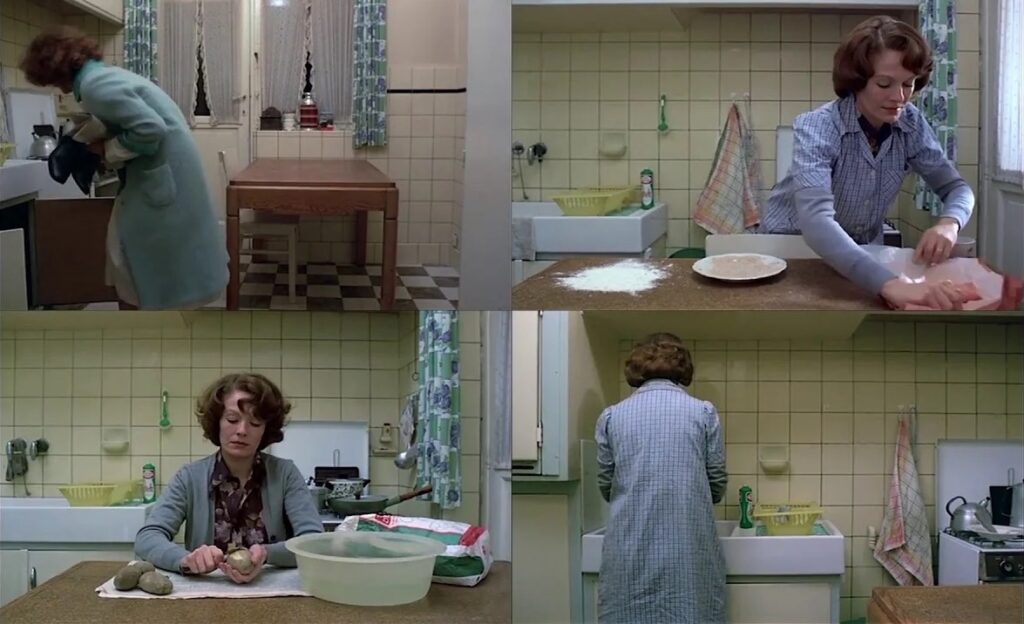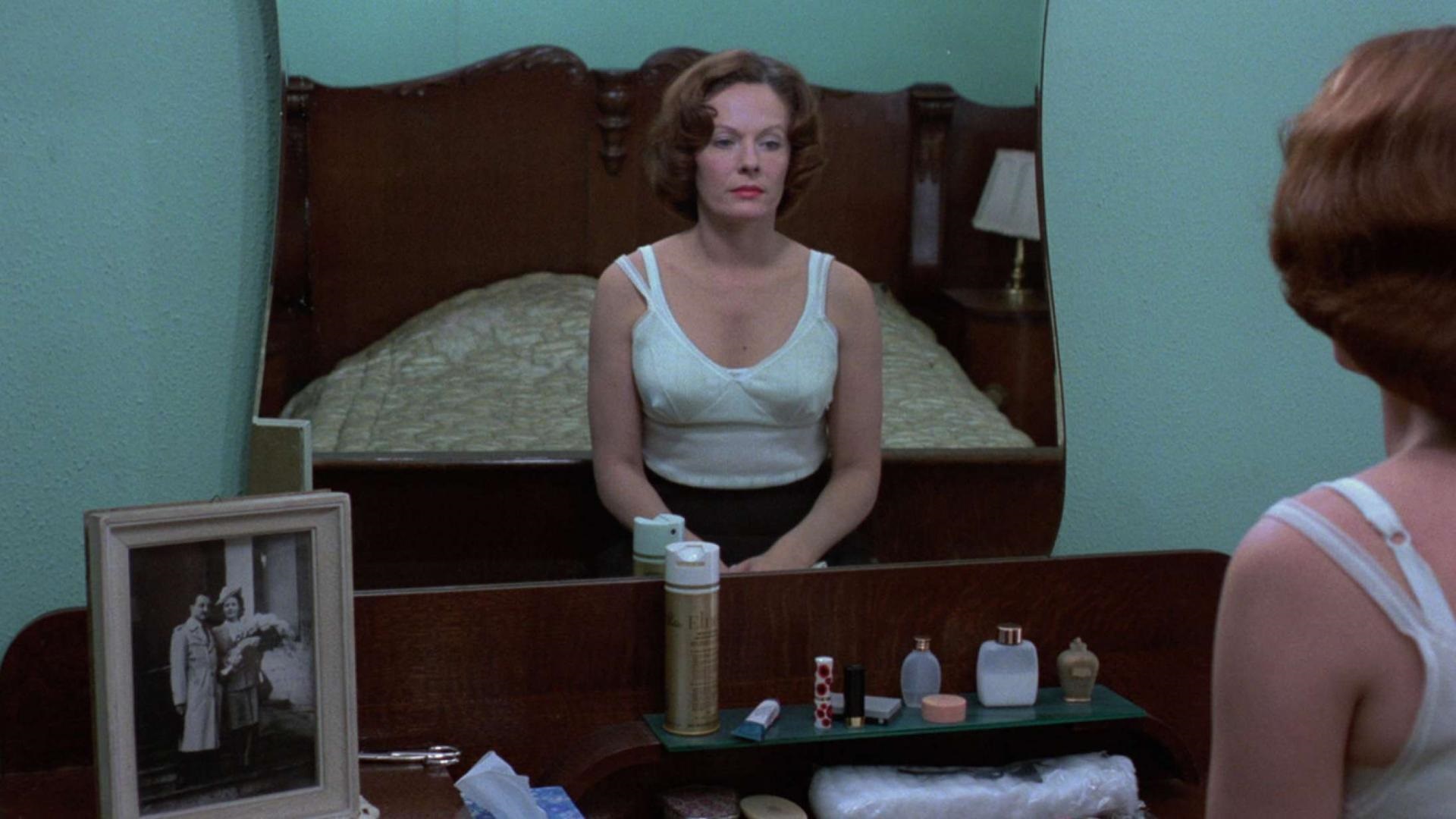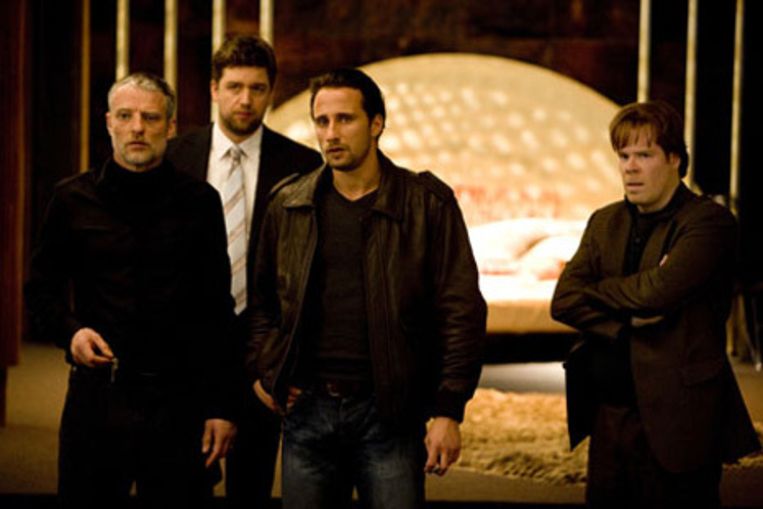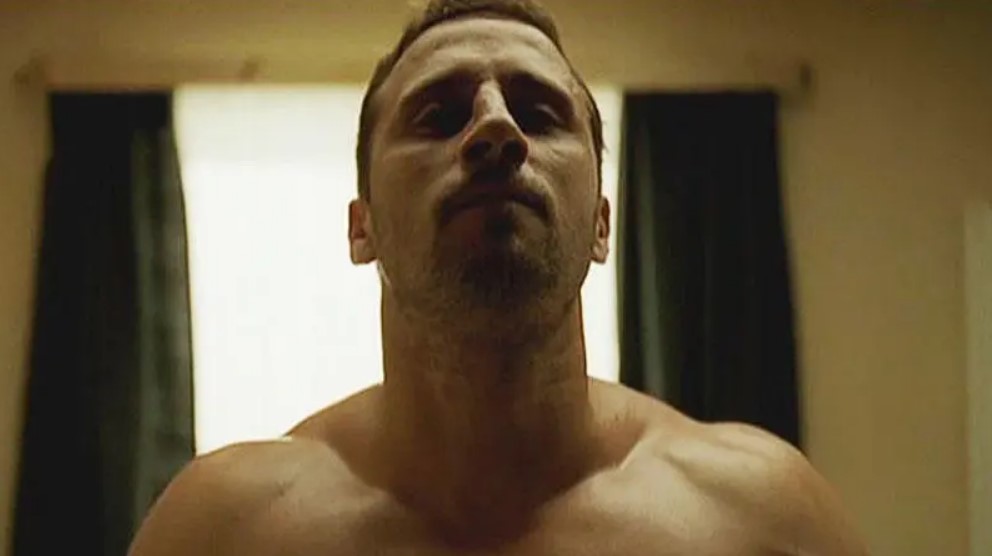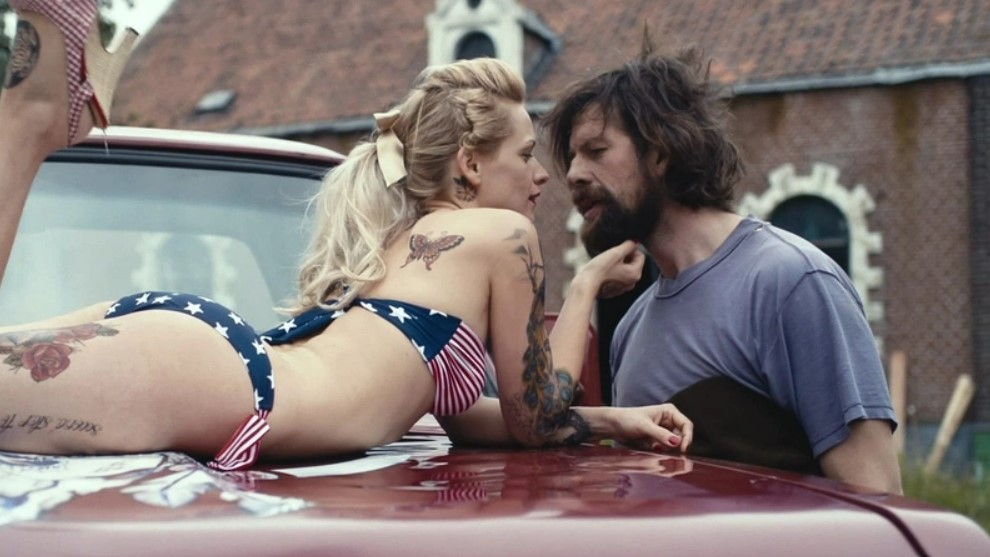As Belgian cinema, both past and present, has been met with international acclaim in recent years, The Brussels Times has prepared a shortlist of the country’s classics that any (Belgian) film buff should know about.
With the Belgian film Jeanne Dielman, 23 quai du Commerce, 1080 Bruxelles by Chantal Akerman sitting atop Sight and Sound’s poll of the greatest films ever made, and Lukas Dhont’s film Close nominated for an Oscar this year, Belgian cinema may have never experienced such international success.
But what of the films that have been woven into the fabric of Belgian culture, whose pieces of dialogue can often be heard in the country’s streets, across all three regions? For any film fans curious to discover Belgium’s classic movies, here are the ten Belgian films you should watch at least once in your life, in no specific order.
Brussels by Night (1983) – Marc Didden
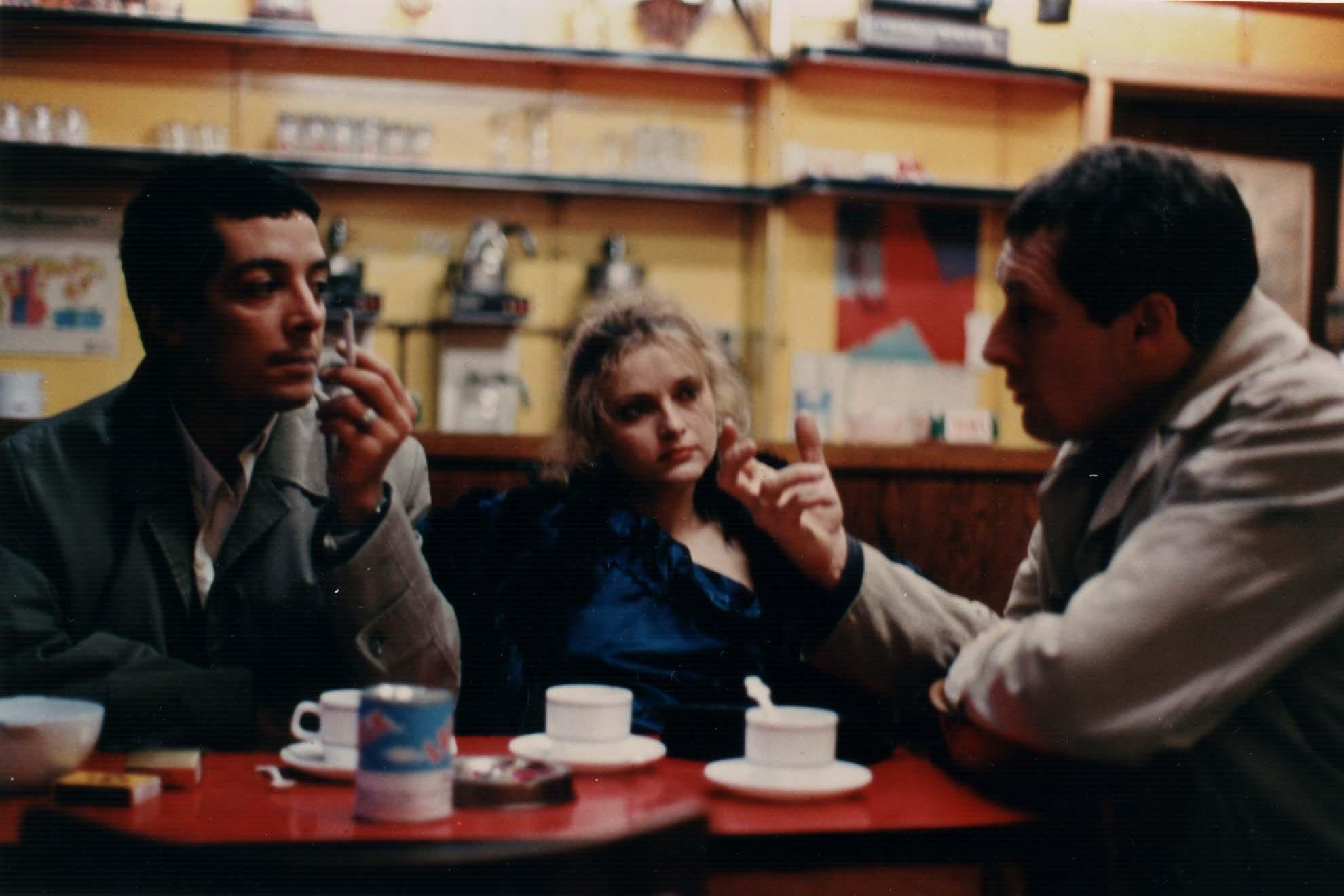
Credit: Flanders Image
Not a film for the faint-hearted, Brussels by Night still feels like a breath of fresh air even 40 years after its release due to its unconventional storytelling which includes stream-of-consciousness narration.
The film tells the tale of a 40-year-old man named Max who roams the streets of the Belgian capital following a failed suicide attempt. Arriving in Brussels, he comes across an old friend, a barmaid and one of her regular patrons, and develops an intense relationship with each of them.
The Flemish film is also remembered for its memorable ending, which takes place on top of the Ronquières Inclined Plane on the Brussels-Charleroi Canal in Wallonia.
These peculiar traits of the film may be due to neither its director nor producer hailing from the world of cinema, as it is directed by former Humo journalist Marc Didden and was mostly financed by Herman Schueremans, one of the creators of the Flemish Rock Werchter music festival.
C'est arrivé près de chez vous (1992) – Rémy Belvaux, André Bonzel and Benoît Poelvoorde
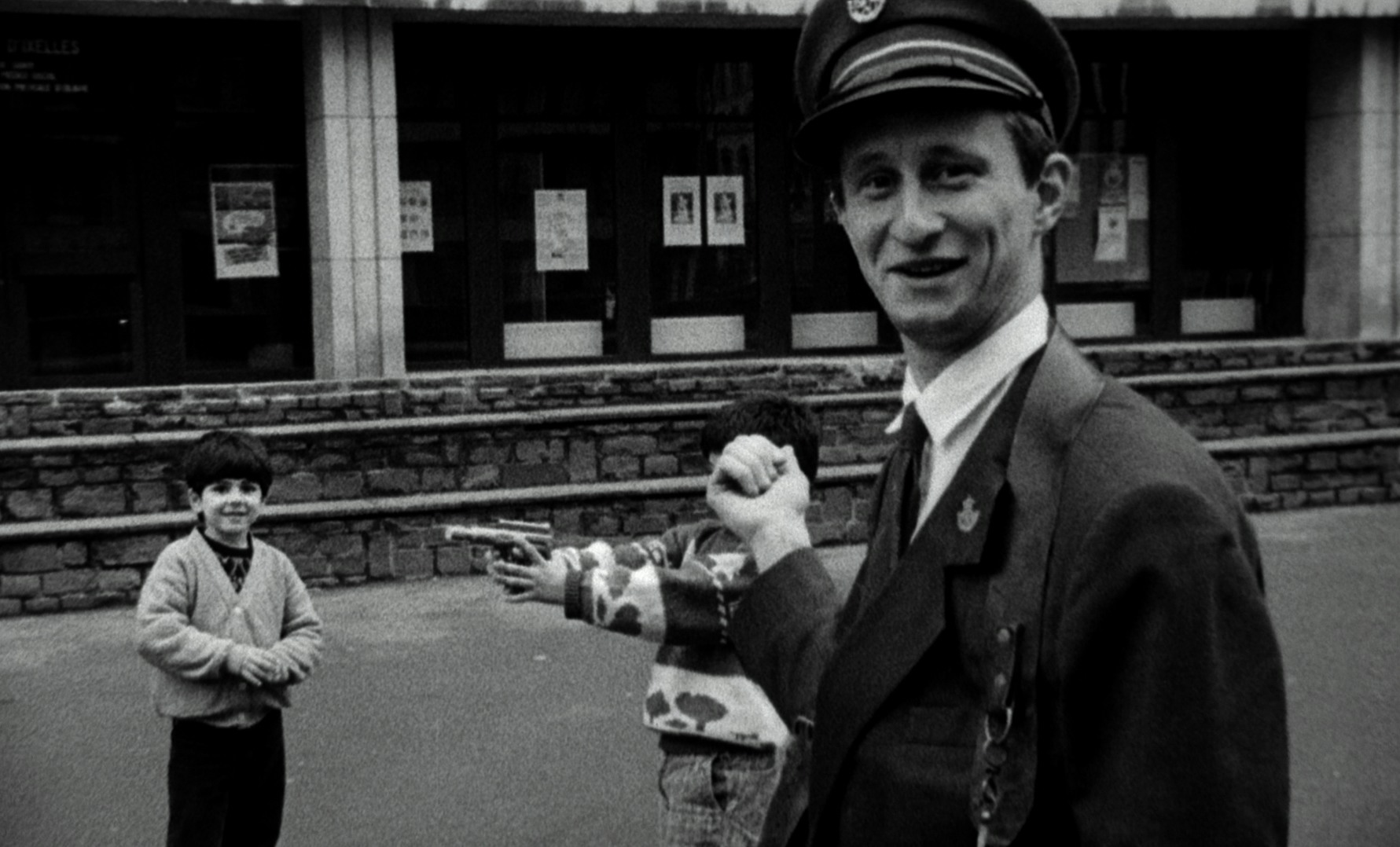
Credit: Facebook/Cinéma Le Studio
Known in English as Man Bites Dog, the black and white mockumentary might just be Belgium's most well-known film internationally – in spite of having been made on a shoestring budget of €70,000 (adjusted for inflation).
Filmed as Belvaux's end-of-study project at the Belgian film school INSAS, the movie sees a film crew follow Ben, a serial killer, who spends his days murdering, drinking and musing about philosophy, music or architecture.
The film's mix of gratuitous violence and witty writing is not unlike the movies of American director Quentin Tarantino, who once said he "absolutely loved" the film.
However, the film also poses the question of how much violence is acceptable in the medium, with the fake documentarians shadowing the audience's own thoughts about the film's grizzly content. This question also seemed to compel the Cannes Film Festival's organisers who showed the film when it was first released in 1992.
Daens (1992) – Stijn Coninx
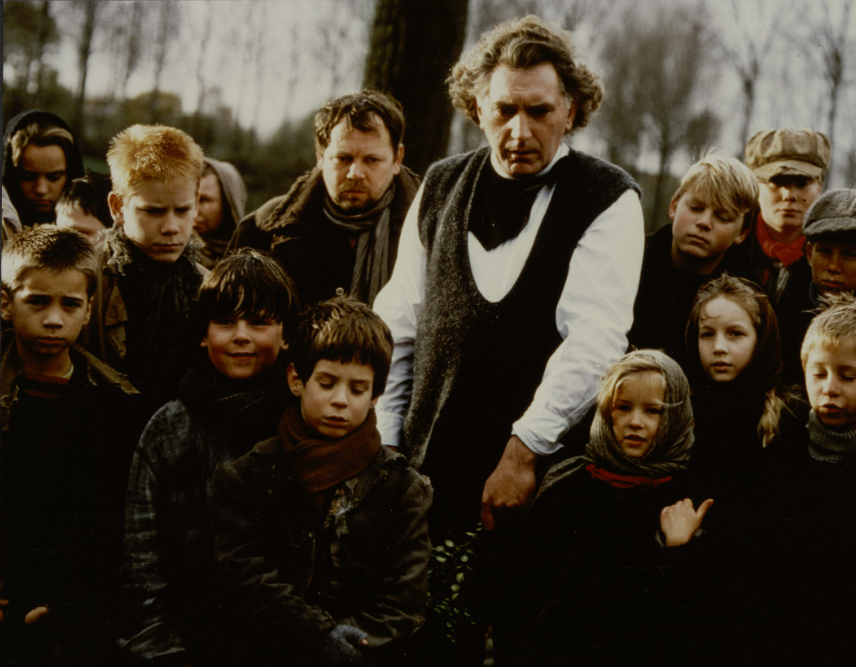
Credit: Facebook / Cinematek
Directed by Stijn Coninx, Daens is a period drama based on a novel by Louis Paul Boon, which tells the true story of Adolf Daens, a Catholic priest in the East-Flanders municipality of Aalst who strives to improve the miserable working conditions in the local factories at the end of the 19th century.
When Daens moves back to his hometown, he is confronted with the bad work conditions in the textile industry: workers are abused and exploited, and the companies have decided to sack all men and replace them with women so they can pay a lower wage. Children, too, are forced to work day and night in unsafe conditions, regularly falling asleep on the job and often being crushed under mechanical looms.
As industrial accidents continue to happen with the management refusing to take action, the film tells the story of how Daens, a Catholic, brings together the liberal and socialist party, getting into a conflict with the rich directors, the Catholic party and even the church in his fight for workers' rights.
Dikkenek (2006) – Olivier Van Hoofstadt
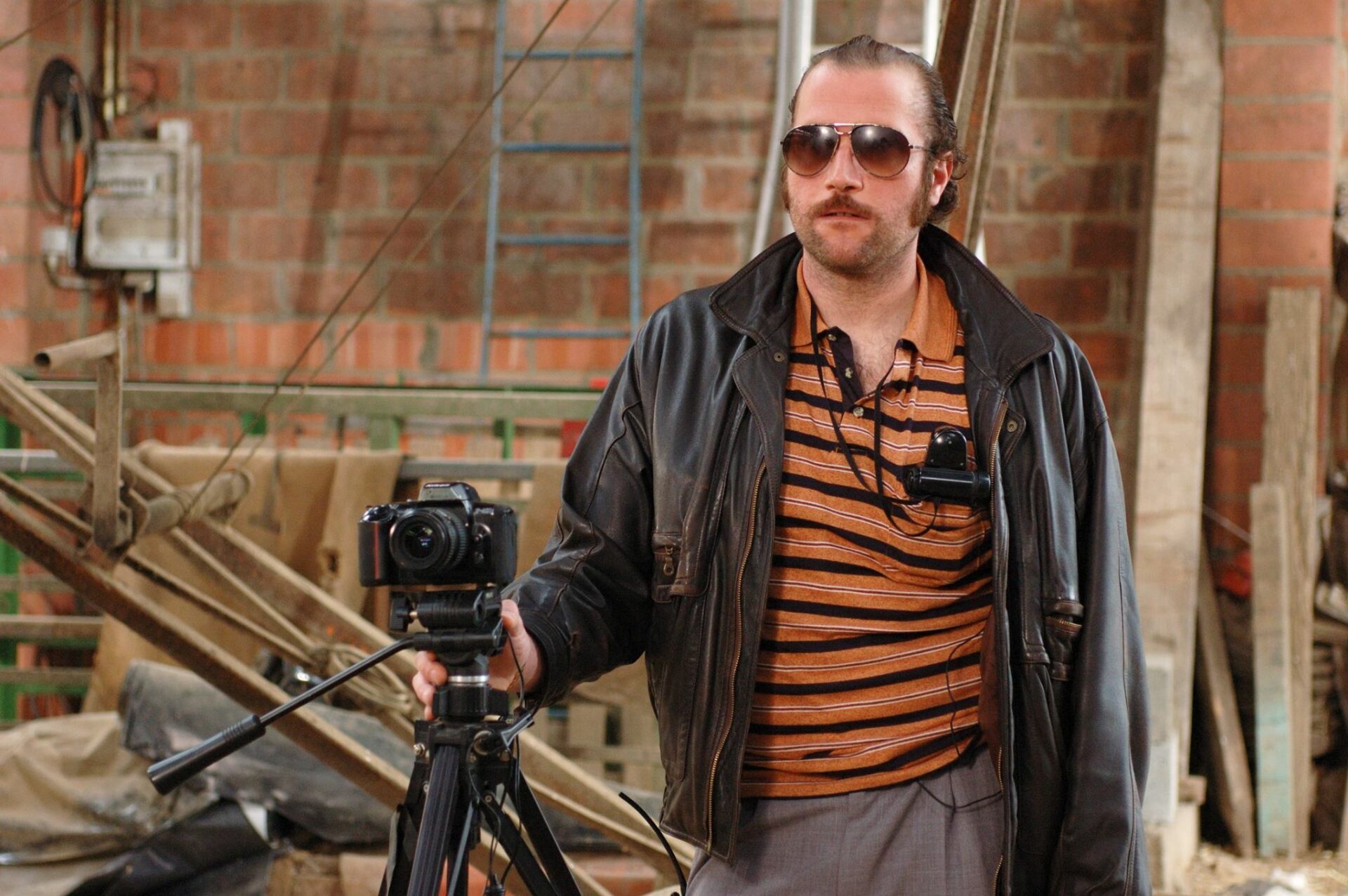
Credit: Facebook / Dikkenek
Dikkenek is what the film industry calls a cult classic: a film that did not do well when first released but gained a significant following afterwards through word of mouth and (at the time) DVD sales.
In this film's case, the belated success comes from its vivid and humoured portrayal of Brussels' citizens who converse in the capital's traditional "Brusseleer" dialect. Brusseleer terms can be heard throughout the movie, with its title meaning something along the lines of "big mouth" or "know-it-all" in the capital's lingo.
In reality, the dialect-laden and joke-heavy dialogue is what carries the film as it does not really seek to tell a traditional story, but rather shows the lives and interactions of the main character J.C. He, alongside all the other characters, all represent cliches of French-speaking Belgians, the funniest of which is Claudy Focan.
Played by famed Belgian comedian François Damiens, Focan is a slaughterhouse manager by day and an erotic photographer by night. He is also the perfect archetype of a "beauf," the French word used to describe vulgar macho males.
Those watching the film will also catch Oscar winner Marion Cotillard. The French actress made her name internationally by playing famous singer Edith Piaf, but plays an uptight and drug-addicted school teacher in Dikkenek.
Girl (2018) – Lukas Dhont
While many may have seen Lukas Dhont's most recent (and Oscar-nominated) movie Close, his previous film – released in 2018 – most definitely also deserves a spot on this list.
The movie, titled Girl, tells the evocative story of 15-year-old Lara (beautifully portrayed by young Belgian actor Victor Polster in his acting debut), a transgender girl who dreams of becoming a star ballerina. With the help of her father, she enthusiastically starts down the path towards this adventure.
The film was inspired by Nora Monsecour, a trans dancer from Belgium. While Girl received high praise from critics, the film was also criticised by some trans writers for its depiction of gender dysphoria and self-harm. Others in the transgender community, on the other hand, called it a very accurate representation of the struggles trans people face, particularly in the body-oriented world of ballet.
Monsecour, who collaborated with Dhont to make the movie, defended the film and said that the movie is not just a made-up story about transgender people, but that it tells her own story. "To argue that Lara's experience as trans is not valid because Lukas [Dhont] is cisgender or because we have a cis lead actor offends me."
The movie screened in the Un Certain Regard section at the 2018 Cannes Film Festival, where it won the Caméra d'Or award for best first feature film, as well as the Queer Palm. Lead actor Polster also won the Un Certain Regard Jury Award for Best Performance.
After that, Girl was also selected as the Belgian entry for the Best Foreign Language Film at the 91st Academy Awards but did not make the December shortlist. However, it won numerous other awards at film festivals across Europe.
Jeanne Dielman, 23 quai du Commerce, 1080 Bruxelles (1975) – Chantal Akerman
As previously mentioned, Chantal Akerman's masterpiece is not only regarded as one of the best Belgian films but as one of the greatest movies ever made, according to the film magazine Sight and Sound.
The French-language film tells the story of Jeanne Dielman, a widowed housewife, who lives with her son near the capital's canal. At night, she has paid sex with a client to make ends meet.
Rather than being a thriller, the film is somewhat of a slow burner whose strength comes from its depiction of realism. Indeed, the film only spans a three-day period and very rarely leaves the setting of Dielman's apartment.
Ackerman also forces viewers to pose questions about a woman's role in society and her perceived emancipation, the answers of which are as important today as they were close to half a decade ago. The film's feminist focus also goes beyond the screen as Akerman opted to only employ women as part of her crew.
Le Huitième Jour (1996) – Jaco Van Dormael
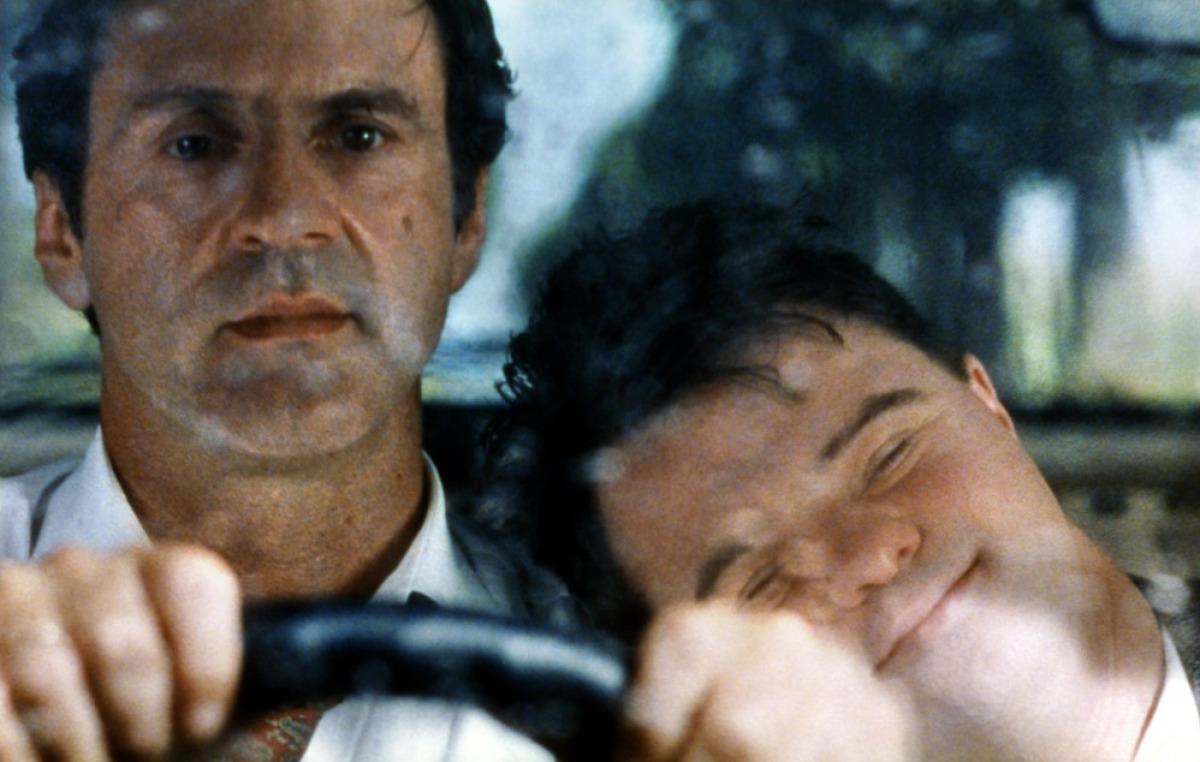
Credit: Facebook / Le huitième jour
Directed and written by the Brussels-born Jaco Van Dormael, the film was not only significant for Belgian cinema but also represented a watershed moment in the visibility of people with Down's syndrome throughout Belgium.
The French-language film tells the story of Georges, a young man with Down syndrome who has recently escaped the institute he was placed in. He runs into Harry, a workaholic divorced father of two, who gradually warms to Georges, even taking an "unthinkable" day off to help him out.
What follows is a heartwarming film, in which both men learn a lot from one another, as well as the importance of putting relationships ahead of one's career. Harry will ultimately quit his job and follow Georges' example of living life to the fullest, which will give him an additional eighth day of the week, as the title indicates.
While the movie was nominated for the Best Foreign Language Film award at the Golden Globes, its enduring impact will most likely be the 8ème Jour non-profit it helped start, which aims to provide autonomous lives to Belgians with Down's syndrome.
Loft (2008) – Erik Van Looy
The film, directed by well-known Flemish director Erik Van Looy, tells the story of five married men who secretly share a fancy loft where they can receive their mistresses and/or latest conquests, in style and in peace. This works for all of them, until they find the body of a young woman in their loft one morning.
None of them knows who the woman is, where she comes from and how she ended up in a loft – to which only the five men hold the key. As they try to find out what happened and why, they soon start to distrust each other. It turns out that they did not know each other as well as they thought.
In Flanders, the film was a box office hit, even more so than Van Looy's previous record-breaking film De Zaak Alzheimer (titled 'The Memory of a Killer' in English). Less than half a year after it premiered, Loft became the most successful Belgian film ever – a position it still holds today.
In 2014, Van Looy also directed the American remake of the film (called 'The Loft'), starring famous Hollywood actors such as Karl Urban, James Marsden and Wentworth Miller. Belgian actor Matthias Schoenaerts played the same role both in the original film and the remake. But unlike its Flemish version, the American remake was widely regarded as a massive flop, with very negative reviews and low box office figures.
Rundskop (2011) – Michaël R. Roskam
Belgium's entry for Best Foreign Language Film at the 2011 Academy Awards may have not won the Oscar, but Rundskop (Bullhead in English, Tête de bœuf in French) is widely regarded as the film responsible for lead actor Matthias Schoenaerts' international breakthrough.
Directed by Michaël R. Roskam, this crime drama features the prohibited use of growth hormones on cattle by farmers with ties to the organised crime "hormone mafia." It tells the story of Jacky Vanmarsenille, a young farmer from the Limburg province, who is approached by his veterinarian to make a deal with a West-Flemish beef trader.
However, the murder of a federal police officer and the unexpected resurfacing of a mysterious trauma from Jacky's childhood result in a chain of events with far-reaching consequences.
When the film came out in Belgium, a lot of attention went to the fact that the film is mainly shot in Truiens, a local dialect from the Sint-Truiden municipality in Limburg. Another memorable aspect is lead actor Schoenarts' physique, who, to play the role of testosterone injecting Jacky, trained twice a day, six days a week over a three-year period to put on 27 kg (60 lb) of muscle – all without the use of steroids.
The Broken Circle Breakdown (2012) – Felix Van Groeningen
The Broken Circle Breakdown (also known as Alabama Monroe) is a feature film based on a play of the same name, and chronicles the lives of Didier and Elise over seven years as they fall in love through their shared passion for bluegrass music.
Didier meets Elise in her tattoo parlour and invites her to the performance of his Bluegrass band. When he discovers that she has a wonderful singing voice, Elise joins the band as a singer. After a few months, she discovers that she is unexpectedly pregnant, and despite the shock, the couple is happy about the news. While the family has several happy years, life quickly takes a turn for the worse.
The film received praise from all over the world, including for its bluegrass soundtrack, which includes traditional songs as well as music composed for the film, which are all performed live by the actors.
The movie was directed by Felix Van Groeningen, who later went on to direct Belgica (2016) and the American film Beautiful Boy (2018) starring Timothée Chalamet and Steve Carrell – which is considered Van Groeningen's international breakthrough film.

